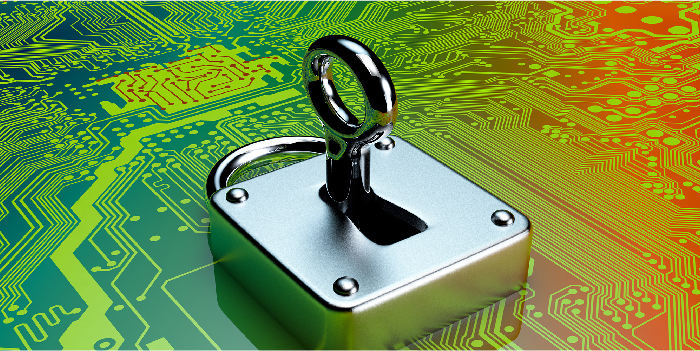In the current situation, there are two aspects of safety that are of paramount importance – the first one concerns
In the current situation, there are two aspects of safety that are of paramount importance – the first one concerns. In the current situation, there are two aspects of safety that are of paramount importance – the first one concerns your health and the second one concerns your digital safety. To contain the spread of COVID-19, it is important to practice social distancing and opt for digital payments wherever possible. India’s current payment ecosystem already supports a variety of digital modes of payments such as e-wallets, Bhim UPI, payment gateways, NEFT/IMPS/RTGS in addition to credit and debit cards.
In many parts of the world including India, scammers have already begun to misuse the panic over COVID-19 to carry out malicious activities like stealing personal and banking details.
Most leading banks integrate their existing processing systems with real-time fraud monitoring systems. However, simple precautions at consumers-end can go a long way in foiling malicious acts of cybercriminals.
Stay informed
Over time, scams have evolved. Cybercriminals are now taking advantage of the COVID-19 pandemic as well as the confusion arising due to changes in the regulations. Therefore, always check communication received from your banks thoroughly and connect with your bank to understand the implications of such regulatory or other changes in the industry. In India, RBI, NPCI, Mastercard & Visa take various initiatives to provide a secure framework for payments.
Be aware of Phishing
Carefully check official websites, email addresses, phone numbers and social media handles of the persons and entities you wish to deal with. In case of any suspicion, one can look up the domain name of the email received to verify its authenticity. Recently, there was a survey that claimed to provide free subscription of a leading streaming channel which later turned out to be a scam.
Keep your operating system, your antivirus program and official apps updated at all times, so you have the latest security patches to fend off any kind of cyber-attack.
Conduct thorough research before believing
Attackers are taking control of coronavirus dashboards in order to increase panic. According to a report by cybersecurity firm CheckPoint Research, Coronavirus-themed domains are 50 per cent more likely to be malicious. Hence, before trusting any numbers on a particular dashboard, go through reliable and credible sources first.
Do not share OTPs or personal details
Details like debit and credit card numbers, PIN, expiry dates, CVV numbers, bank account details, OTP, etc., should never be shared with anyone. Choose to memorize internet banking passwords and ATM PINs rather than writing them down or storing them on your phone. If anyone happens to ask for them, tell them to send an email from their official ID without sharing yours.
The need for strong passwords
Choose strong passwords, and make sure they are not common or predictable. Follow recommended password creation guidelines always. According to a report, over 23 million accounts worldwide were breached simply because they had 123456 as their passwords. Also, cultivate the habit of changing your passwords frequently.
Other simple digital practices include using a trustworthy ISP and an acclaimed antivirus program, avoiding the use of public WiFi, shopping only on known and trusted websites of merchants and entities, avoiding clicking buttons on unknown websites, intimating your bank, insurance company in case of suspicious transactions and so on.
*The article was first published on www.financialexpress.com


